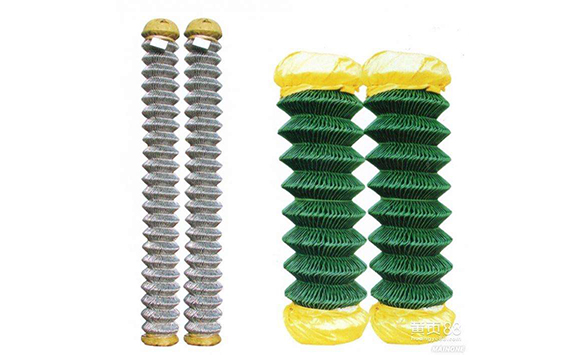
- Mobile Phone
- +8613931874955
- sales@cntcmetal.com
Comparing Costs and Options for Welded Wire Fencing Solutions for Your Property Needs
Understanding the Price of Welded Wire Fencing
Welded wire fencing is a popular choice among homeowners, farmers, and businesses for various applications, including livestock enclosures, garden protection, and security barriers. Its durability, strength, and ease of installation make it a favored option in the fencing industry. However, one critical factor often on the minds of potential buyers is the price of welded wire fencing. This article aims to explore the components that affect the pricing of welded wire fencing and provide insight into what consumers can expect to pay.
Components Influencing Price
1. Material Quality The primary factor affecting the price of welded wire fencing is the quality of materials used in its construction. Fences can be made from different types of steel, with galvanized steel being the most common due to its resistance to rust and corrosion. Higher quality materials typically result in a higher price, but they also offer better longevity and less maintenance over time.
2. Gauge of Wire The gauge of the wire significantly impacts the price of welded wire fencing. Thicker wires (lower gauge numbers) tend to be more expensive but offer greater strength and durability. For instance, a 6-gauge wire will be sturdier and more resistant to bending or breaking than an 11-gauge wire. Depending on the application, investing in thicker wire might be worthwhile.
3. Height and Width The dimensions of the welded wire fencing also play a crucial role in determining its price. Taller and wider panels could be more expensive due to the increased amount of material used. Consumers should carefully consider their specific needs, as the optimal height and width can also affect the overall cost.
welded wire fence price

4. Mesh Size Welded wire fencing comes in various mesh sizes that cater to different needs. Smaller mesh sizes, which prevent smaller animals from passing through, are often more expensive than larger mesh sizes. The required size will depend on what the fence needs to contain or protect against, which can further influence the price.
5. Coating and Finishing Some welded wire fences come with additional coatings or finishes, such as vinyl coating or powder coating, to enhance aesthetics and protection against the elements. These finishes can increase the overall price but provide added value through improved performance and visual appeal.
Average Pricing
On average, the price of welded wire fencing can range from $0.50 to $3.00 per square foot, depending on the factors mentioned above. For typical applications, such as garden fencing or livestock enclosures, you can expect to pay between $100 to $1,000 for a standard roll or panel. It's important to shop around and compare prices from different suppliers to find the best deals.
Conclusion
Choosing welded wire fencing is a practical decision, but understanding the factors that affect its price is essential for making an informed purchase. By considering the material quality, wire gauge, size, and any additional coatings, consumers can select an option that fits both their budget and their specific needs. Properly understanding these aspects can lead to a well-informed decision, ensuring that investment in fencing not only meets functional requirements but also proves cost-effective in the long run. Whether your goal is to enhance security, enclose animals, or protect your garden, welded wire fencing offers a versatile solution that balances durability and affordability.
share:
-
Your Source for Concrete Wall Ties and Masonry AccessoriesNewsJul.10,2025
-
Unlocking the Power of Iron Wire for Every ProjectNewsJul.10,2025
-
Explore Advanced Chain Wire and Stainless Steel Mesh FencingNewsJul.10,2025
-
Discover the Benefits of Annealed Wire ProductsNewsJul.10,2025
-
Discover China Stainless Steel Wire Mesh SolutionsNewsJul.10,2025
-
Build with Confidence Using High-Performance Masonry AccessoriesNewsJul.10,2025
-
Why Sacrificial Formwork Is Redefining Underground ConstructionNewsJun.06,2025



















